 January 12, 2005: Apple reports record earnings for the preceding three months, fueled by impressive iPod sales during the holiday period and demand for the latest iBook laptop. The hardware boom drives a fourfold increase in profits for the company.
January 12, 2005: Apple reports record earnings for the preceding three months, fueled by impressive iPod sales during the holiday period and demand for the latest iBook laptop. The hardware boom drives a fourfold increase in profits for the company.
Apple brags that it has sold a total of 10 million iPods so far — and rightly so. The massive popularity of the portable music player drives Apple to its highest earnings yet.
“We are thrilled to report the highest quarterly revenue and net income in Apple’s history,” said Apple CEO Steve Jobs in a press release. “We’ve sold over 10 million iPods to date and are kicking off the new year with a slate of innovative new products including iPod shuffle, Mac mini and iLife ’05.”
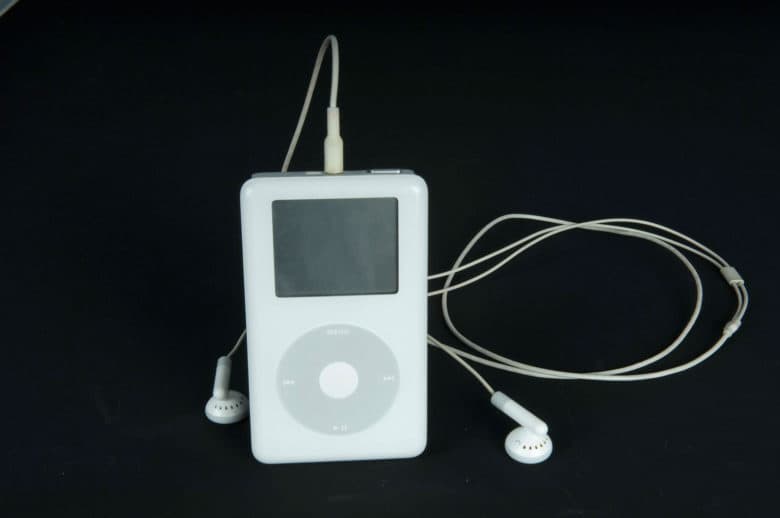
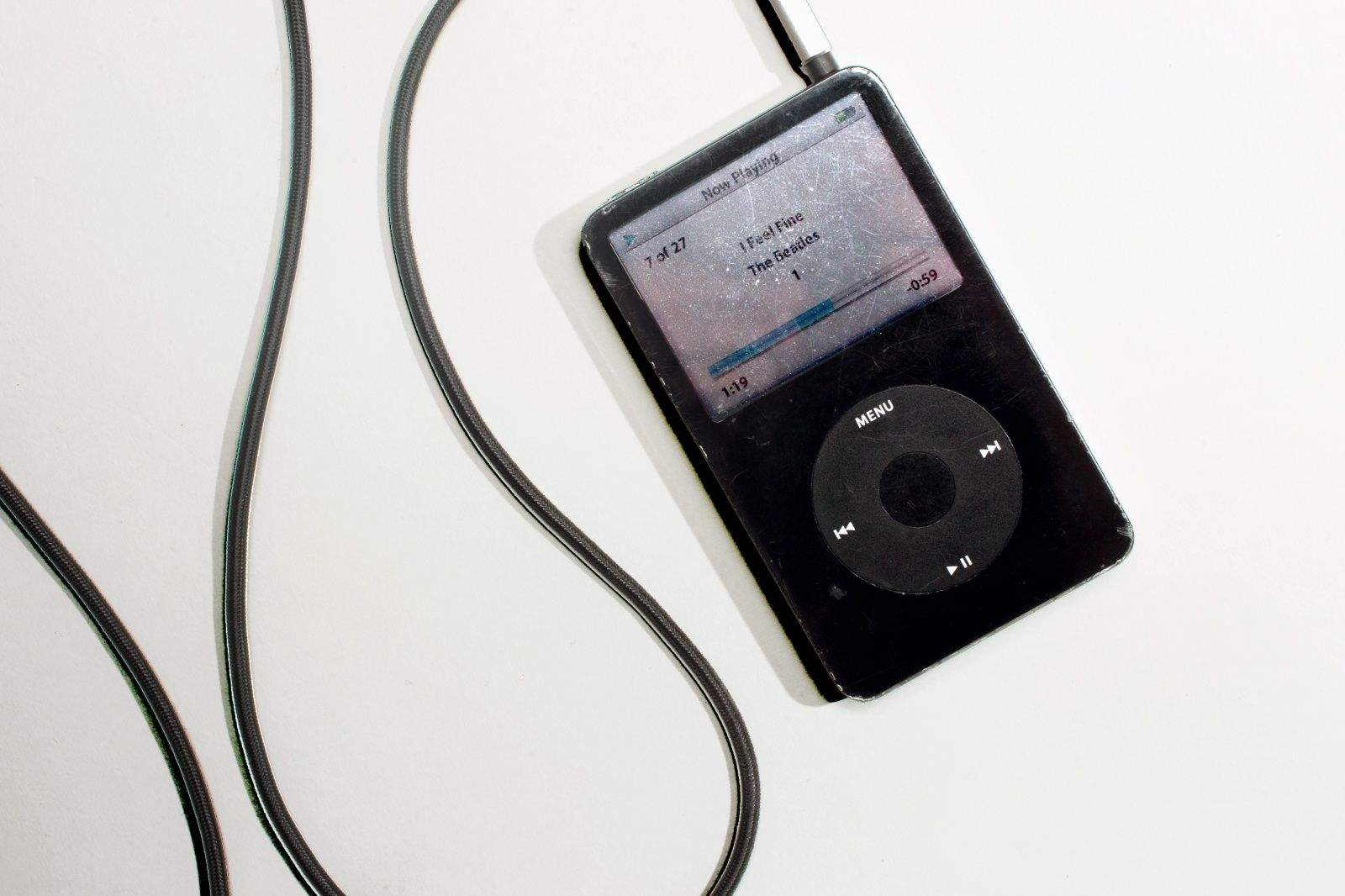

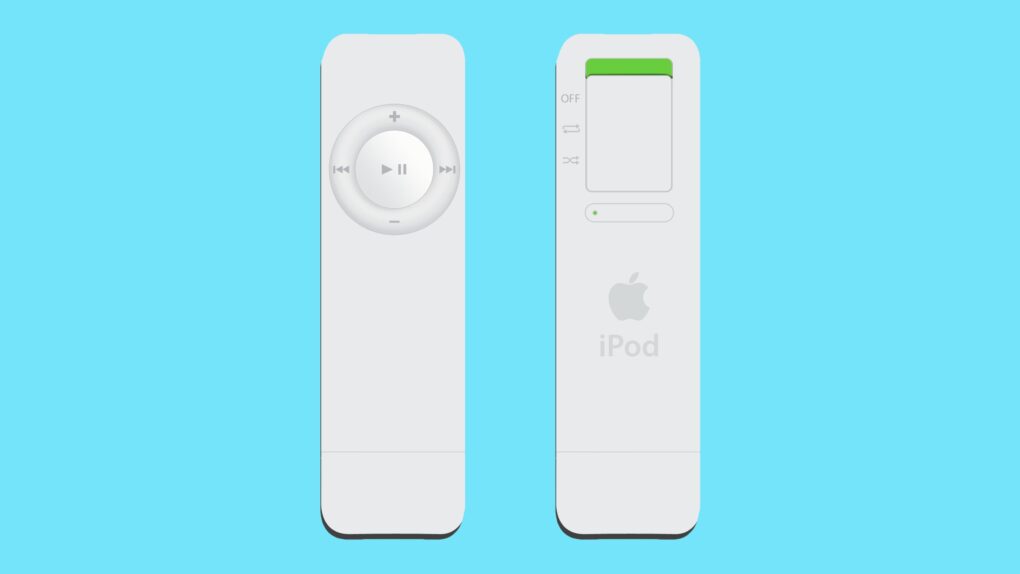
 January 11, 2005: Steve Jobs introduces the iPod shuffle, an entry-level music player that lacks a display. The device randomly shuffles the audio files it holds, but lets users easily skip songs they don’t like.
January 11, 2005: Steve Jobs introduces the iPod shuffle, an entry-level music player that lacks a display. The device randomly shuffles the audio files it holds, but lets users easily skip songs they don’t like. 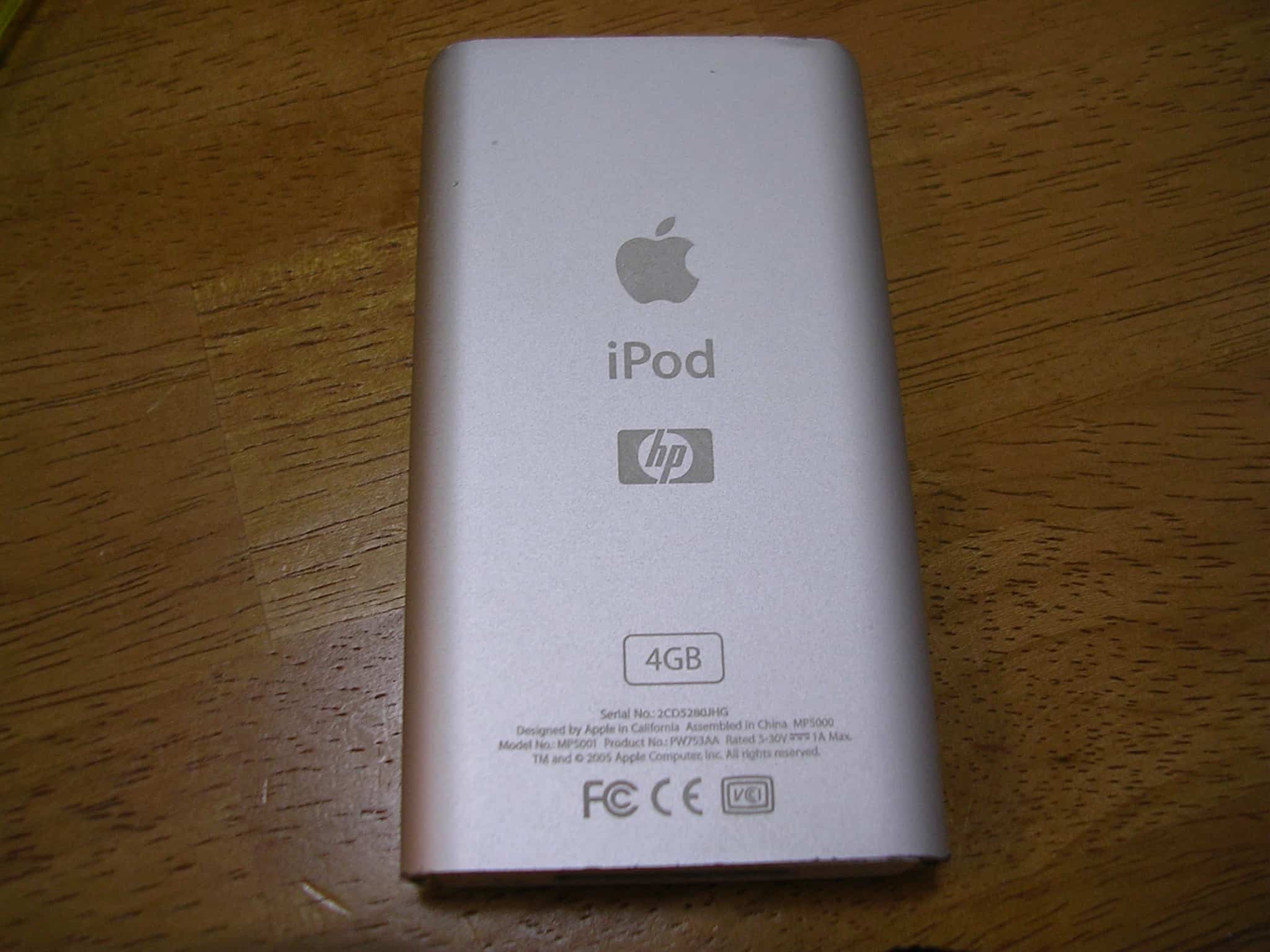
 January 8, 2004: The clumsily named iPod+HP, a Hewlett-Packard-branded iPod, debuts at the Consumer Electronics Show in Las Vegas.
January 8, 2004: The clumsily named iPod+HP, a Hewlett-Packard-branded iPod, debuts at the Consumer Electronics Show in Las Vegas.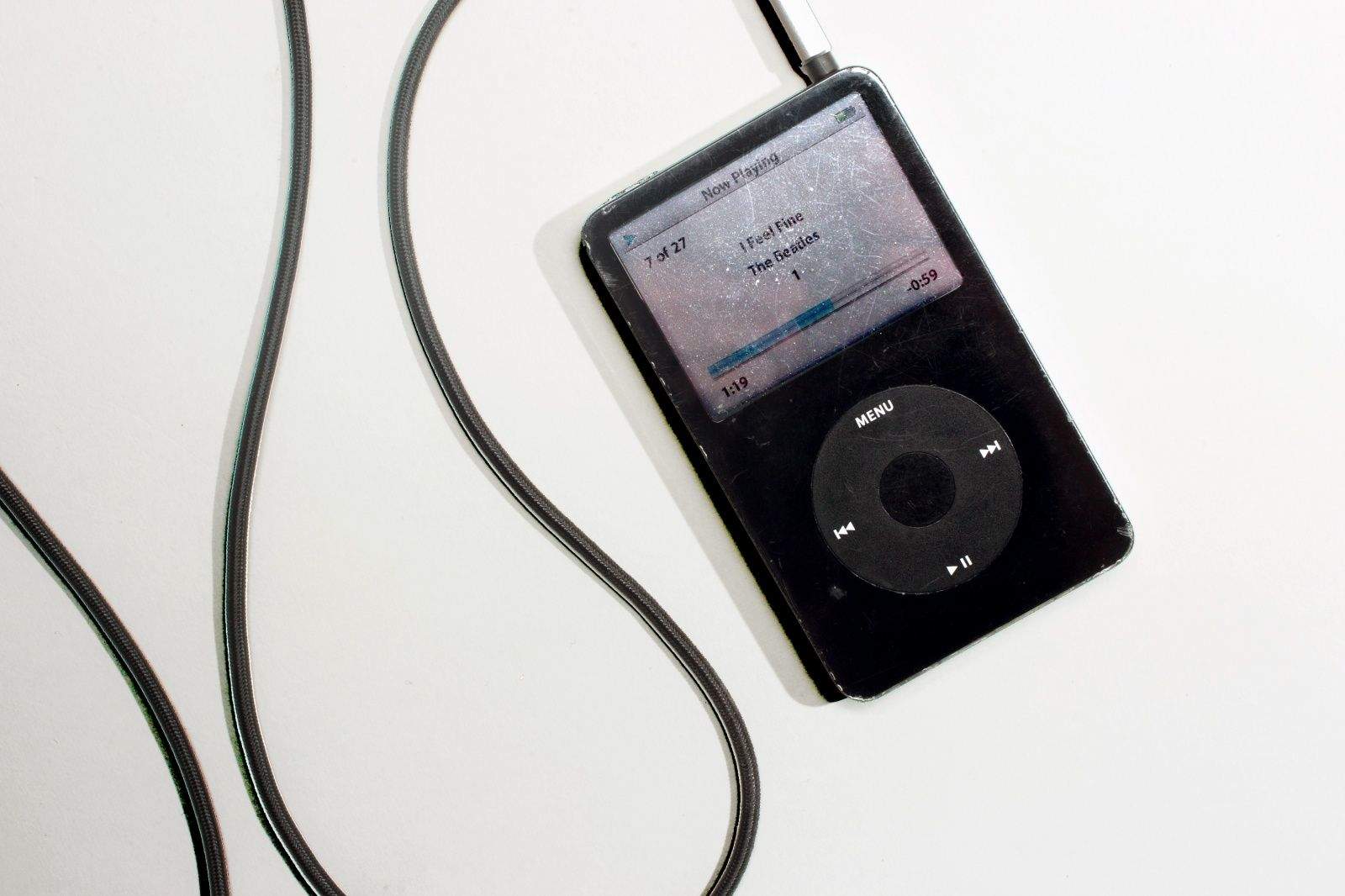
 November 14, 2006: Apple teams up with a slew of airlines to offer the “first seamless integration” between iPods and in-flight entertainment systems.
November 14, 2006: Apple teams up with a slew of airlines to offer the “first seamless integration” between iPods and in-flight entertainment systems.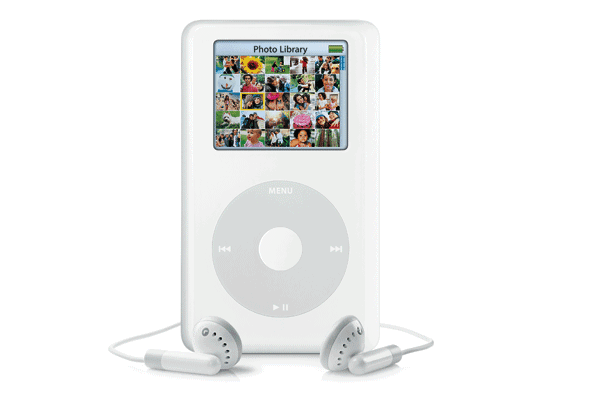
 October 26, 2004: Apple debuts the iPod Photo, a device capable of putting not just 15,000 songs in your pocket, but also 25,000 photographs. The new device “lets you take your entire music and photo library with you wherever you go,” Apple says.
October 26, 2004: Apple debuts the iPod Photo, a device capable of putting not just 15,000 songs in your pocket, but also 25,000 photographs. The new device “lets you take your entire music and photo library with you wherever you go,” Apple says.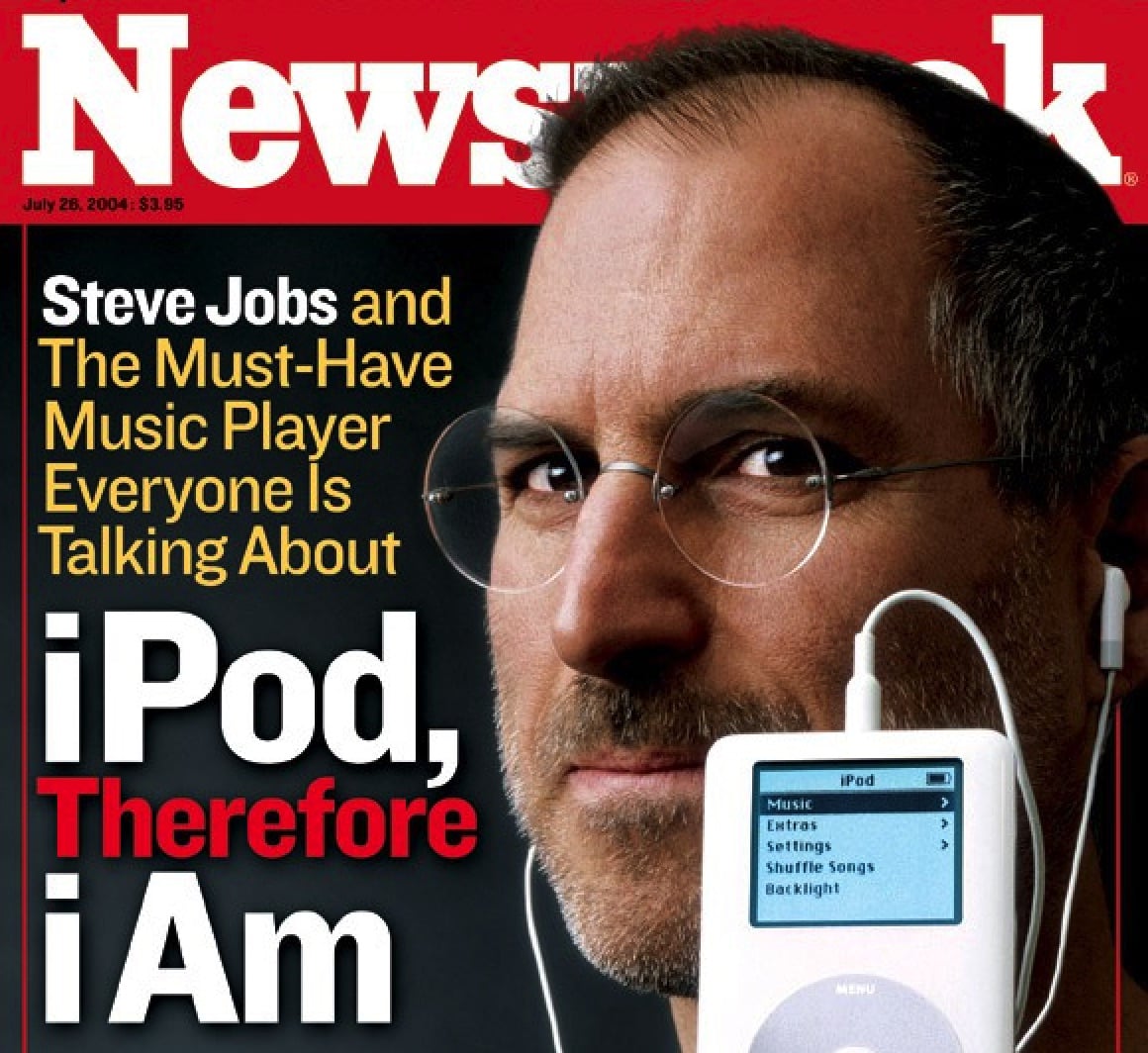
 October 23, 2001: Apple CEO Steve Jobs introduces the first
October 23, 2001: Apple CEO Steve Jobs introduces the first 
 October 16, 2003: Six months after opening the
October 16, 2003: Six months after opening the 
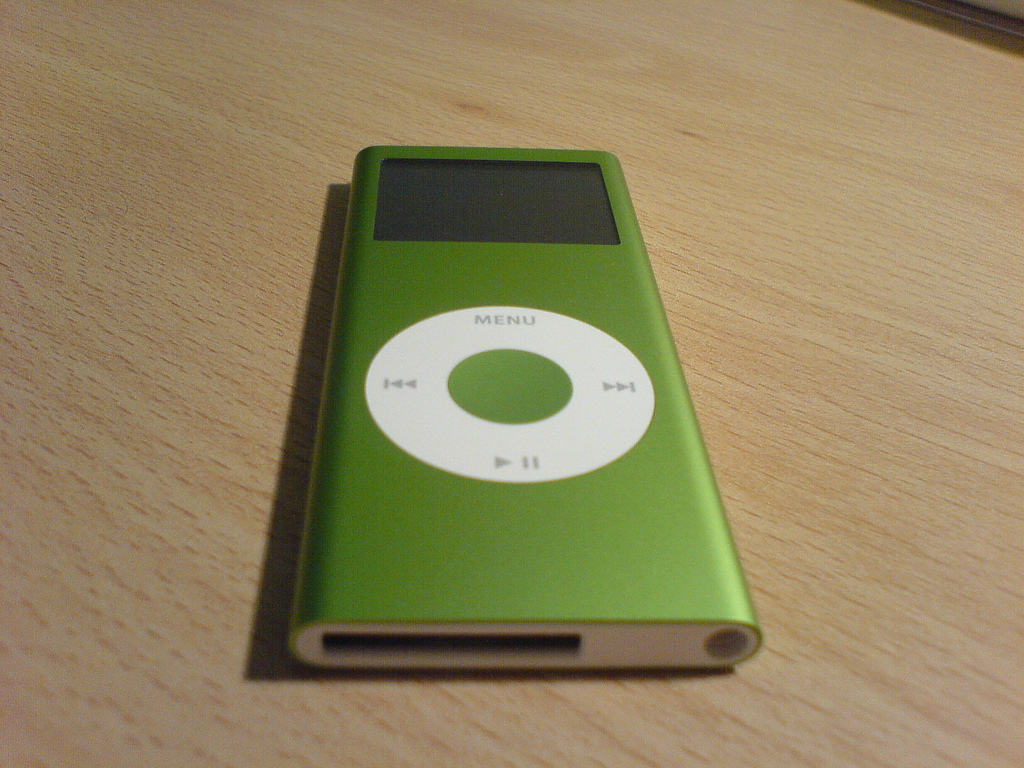
 September 25, 2006: Apple ships its second-generation iPod nano, offering a fancy redesign of the pocket-size original.
September 25, 2006: Apple ships its second-generation iPod nano, offering a fancy redesign of the pocket-size original.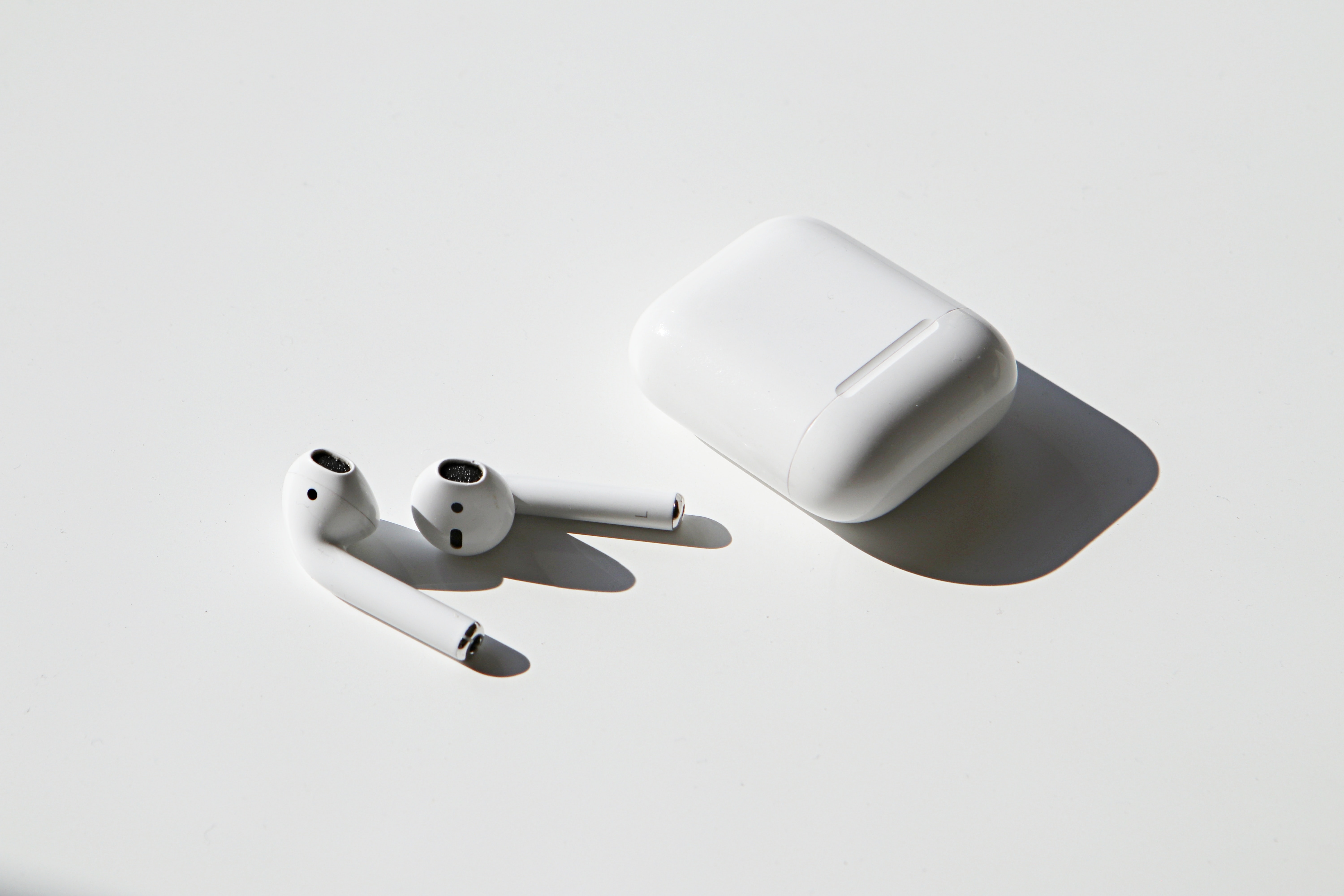
 September 7, 2016: Apple unveils the first-gen AirPods during a special event in San Francisco. The blindingly white wireless earbuds look undeniably strange at first glance, with their long, slender stems and a charging case that looks like a dental floss container.
September 7, 2016: Apple unveils the first-gen AirPods during a special event in San Francisco. The blindingly white wireless earbuds look undeniably strange at first glance, with their long, slender stems and a charging case that looks like a dental floss container.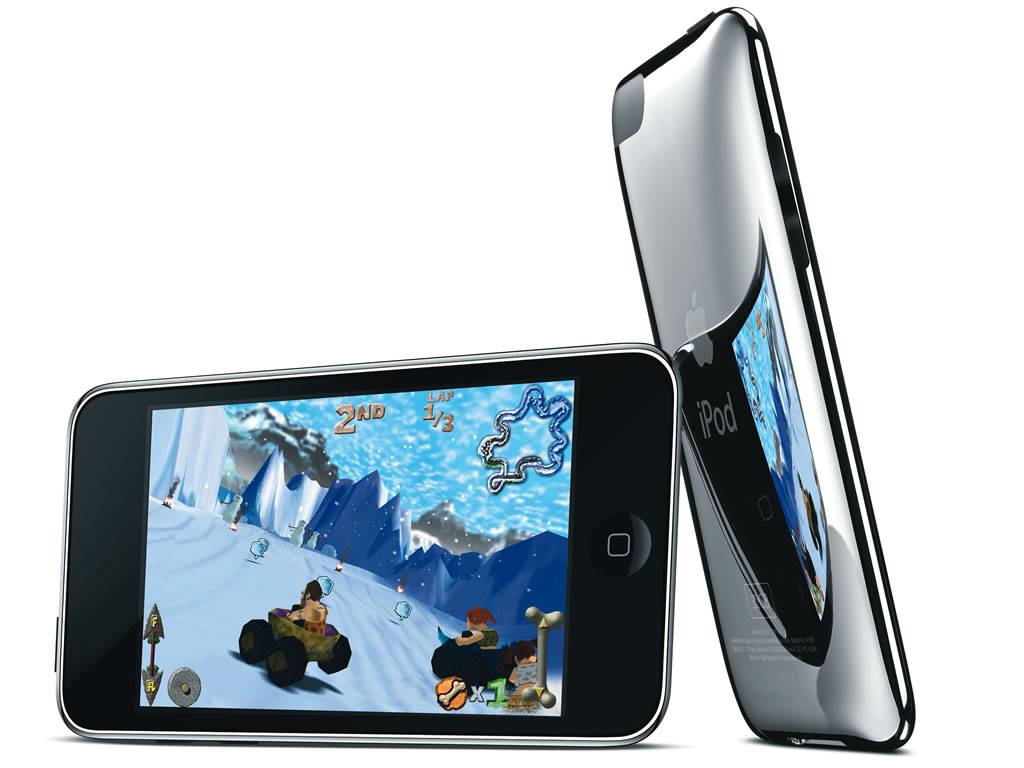
 September 5, 2007: Apple introduces its first new iPods after the release of the iPhone. The lineup includes the third-gen
September 5, 2007: Apple introduces its first new iPods after the release of the iPhone. The lineup includes the third-gen 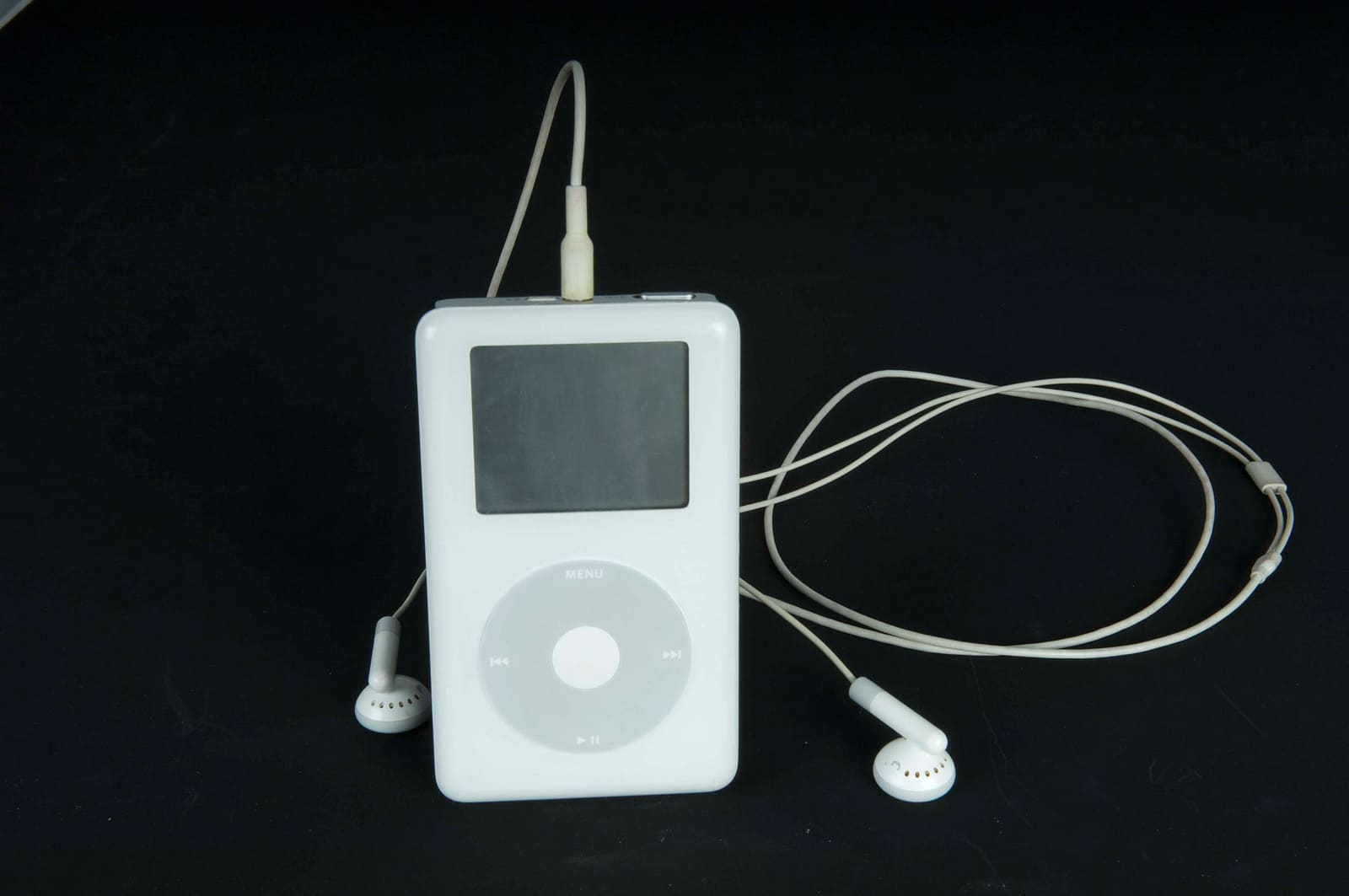
 July 19, 2004: The fourth-generation iPod brings neat innovations to the popular audio device, including the Click Wheel interface recently introduced on the iPod mini.
July 19, 2004: The fourth-generation iPod brings neat innovations to the popular audio device, including the Click Wheel interface recently introduced on the iPod mini.![Get a load of what replaces this 2017 iMac [Setups] Satechi Mac mini hub](https://www.cultofmac.com/wp-content/uploads/2025/07/Setups-nekomichi-Reddit-before-shot-July-16-2025-1020x680.jpeg)
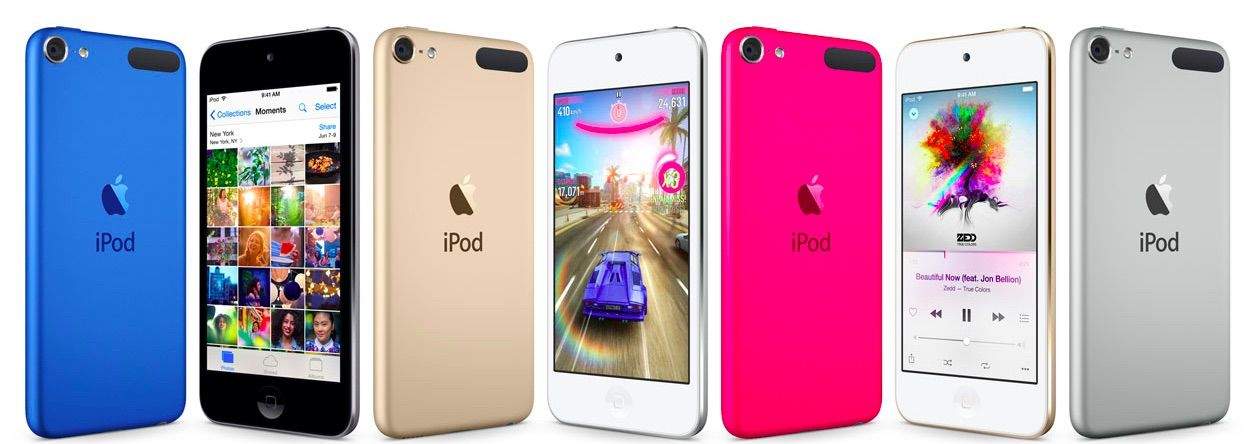
 July 15, 2015: Apple introduces the sixth-gen iPod touch, attempting to prove that there’s still a place for the humble music player in the crazy, crazy world of iPhones and Apple Watches.
July 15, 2015: Apple introduces the sixth-gen iPod touch, attempting to prove that there’s still a place for the humble music player in the crazy, crazy world of iPhones and Apple Watches. July 14, 1995: The MP3 file format receives its official name as the new .bit file extension gets changed to .mp3. The technology allows the compression of a standard CD .wav file to one-tenth its original size, courtesy of some smart algorithms. The format will revolutionize the music industry — and put Apple on the road to world dominance with the iPod.
July 14, 1995: The MP3 file format receives its official name as the new .bit file extension gets changed to .mp3. The technology allows the compression of a standard CD .wav file to one-tenth its original size, courtesy of some smart algorithms. The format will revolutionize the music industry — and put Apple on the road to world dominance with the iPod.![This portable monitor proves that a smaller screen can be better [Review] ★★★★☆ KYY 14” Portable Monitor](https://www.cultofmac.com/wp-content/uploads/2025/07/KYY-14-Portable-Monitor-review_1-1020x611.jpg)
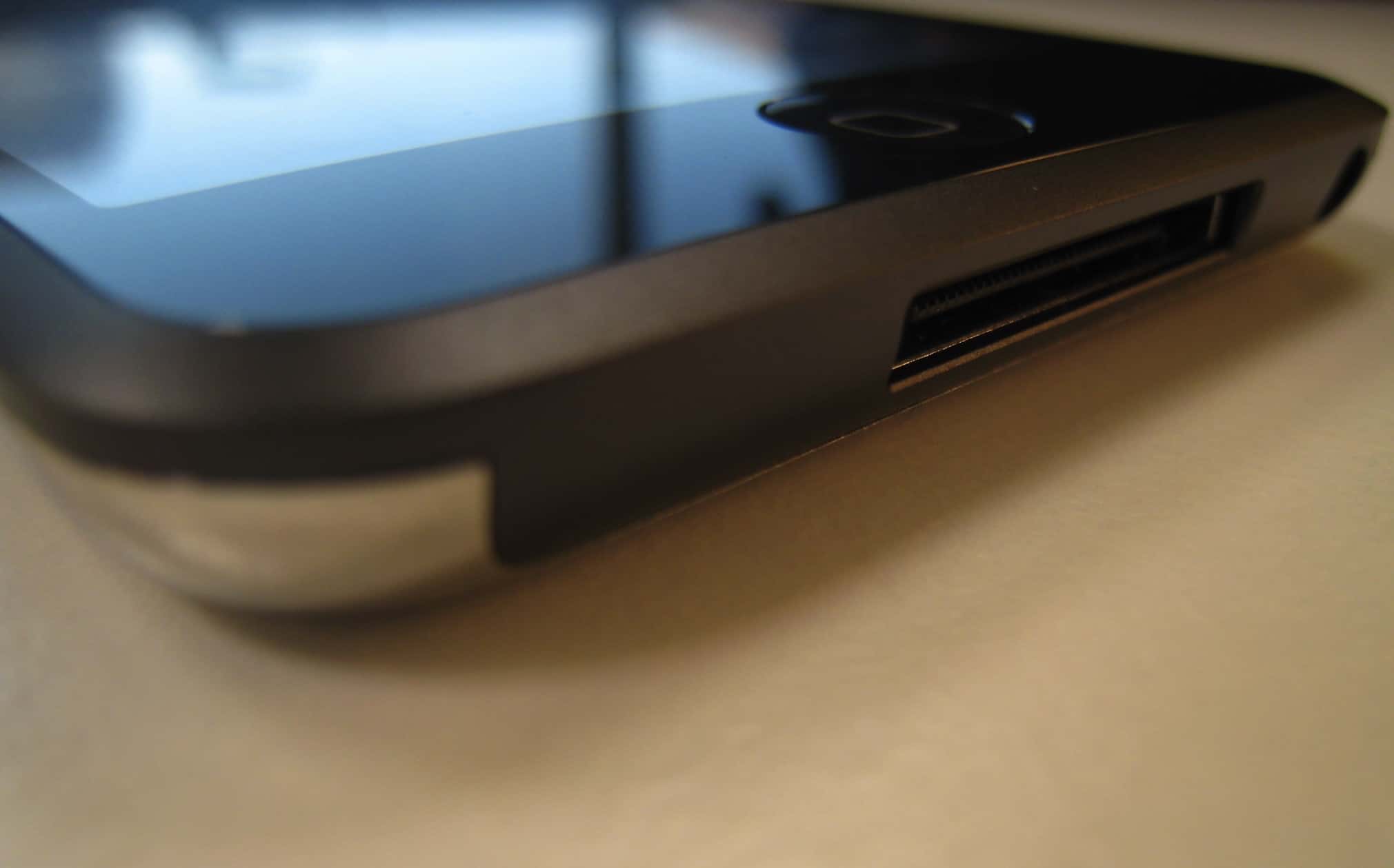
 May 30, 2013: Apple marks the sale of the 100 millionth
May 30, 2013: Apple marks the sale of the 100 millionth ![Mac mini drives dual Studio Displays and LG DualUp sidekick [Setups] LG DualUp](https://www.cultofmac.com/wp-content/uploads/2025/05/Setups-whitebronco93-Redd-LG-DualUp-May-19-2025-1020x765.jpg)

 May 12, 2005: Longtime Apple frenemy Bill Gates tells a German newspaper that Apple may have hit it big with the
May 12, 2005: Longtime Apple frenemy Bill Gates tells a German newspaper that Apple may have hit it big with the  April 9, 2007: Apple sells its 100 millionth
April 9, 2007: Apple sells its 100 millionth 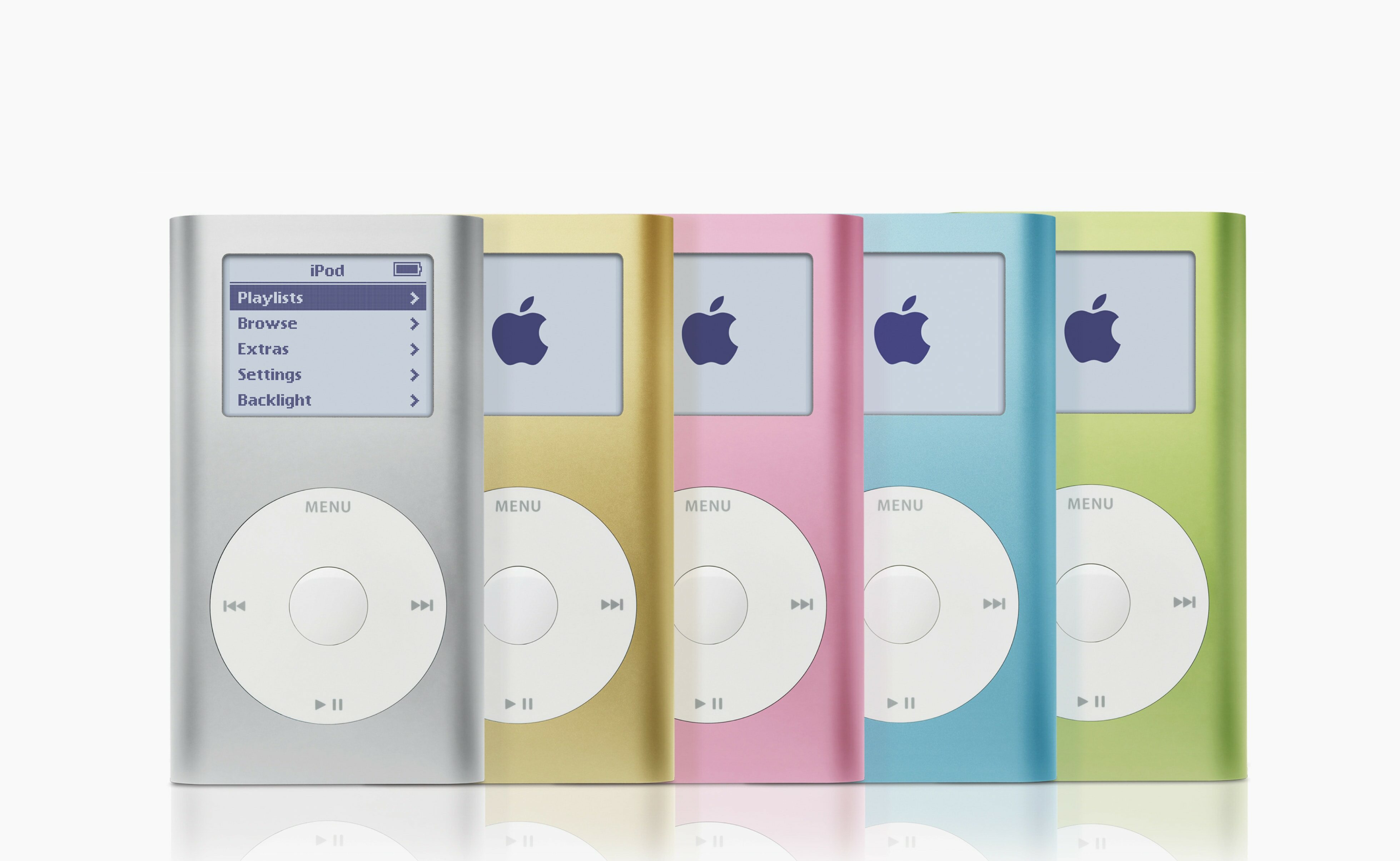
 February 20, 2004: Music goes small as the iPod mini launch brings the reimagined digital audio player to Apple stores.
February 20, 2004: Music goes small as the iPod mini launch brings the reimagined digital audio player to Apple stores.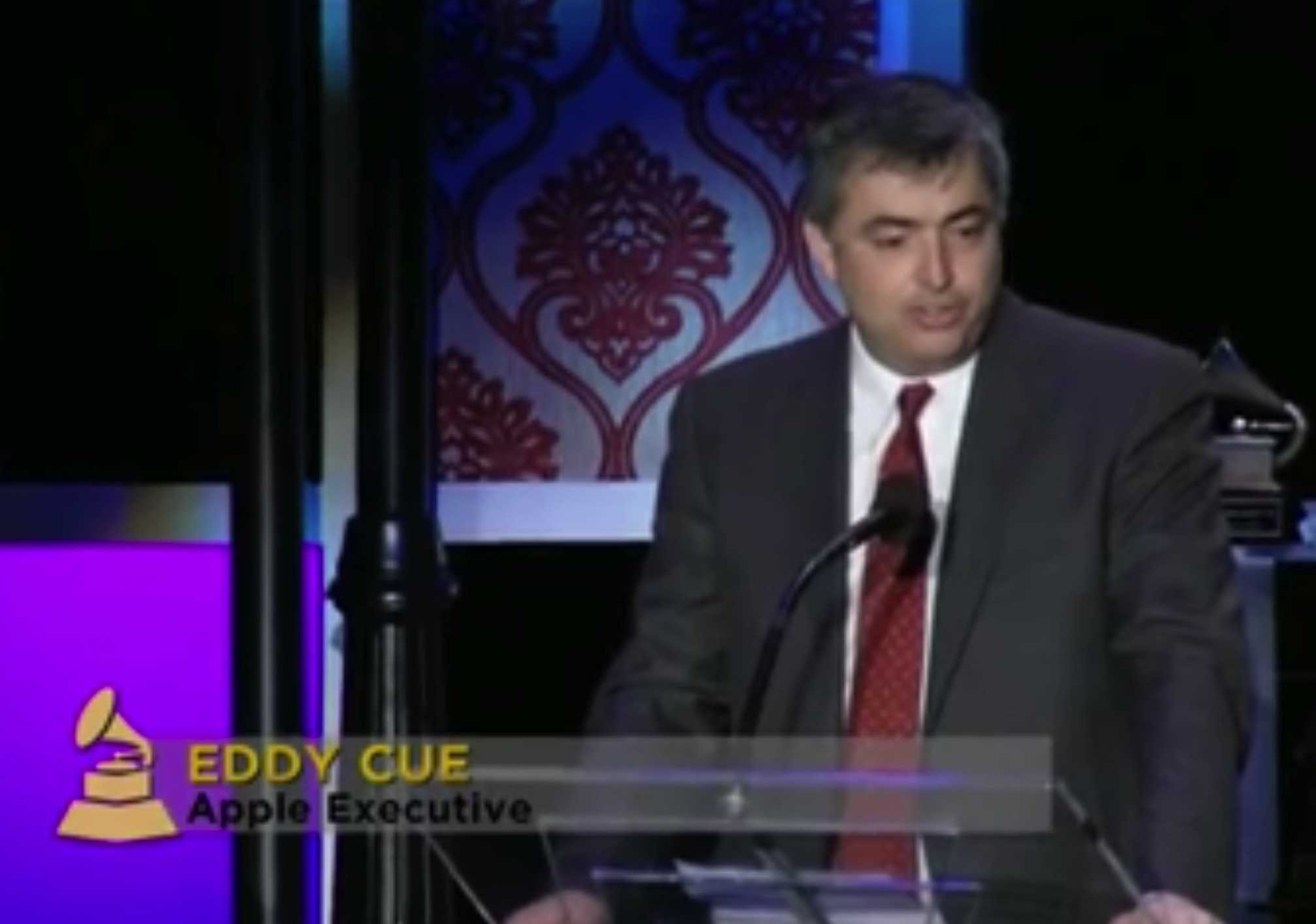
 February 12, 2012: Months after his untimely death, Apple co-founder
February 12, 2012: Months after his untimely death, Apple co-founder 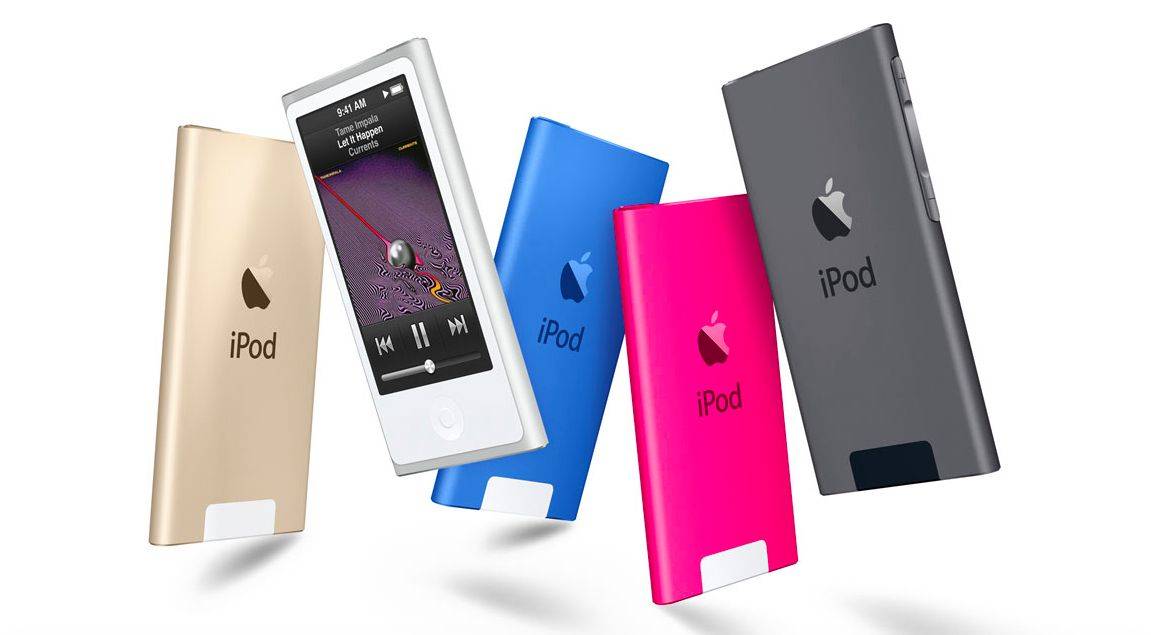
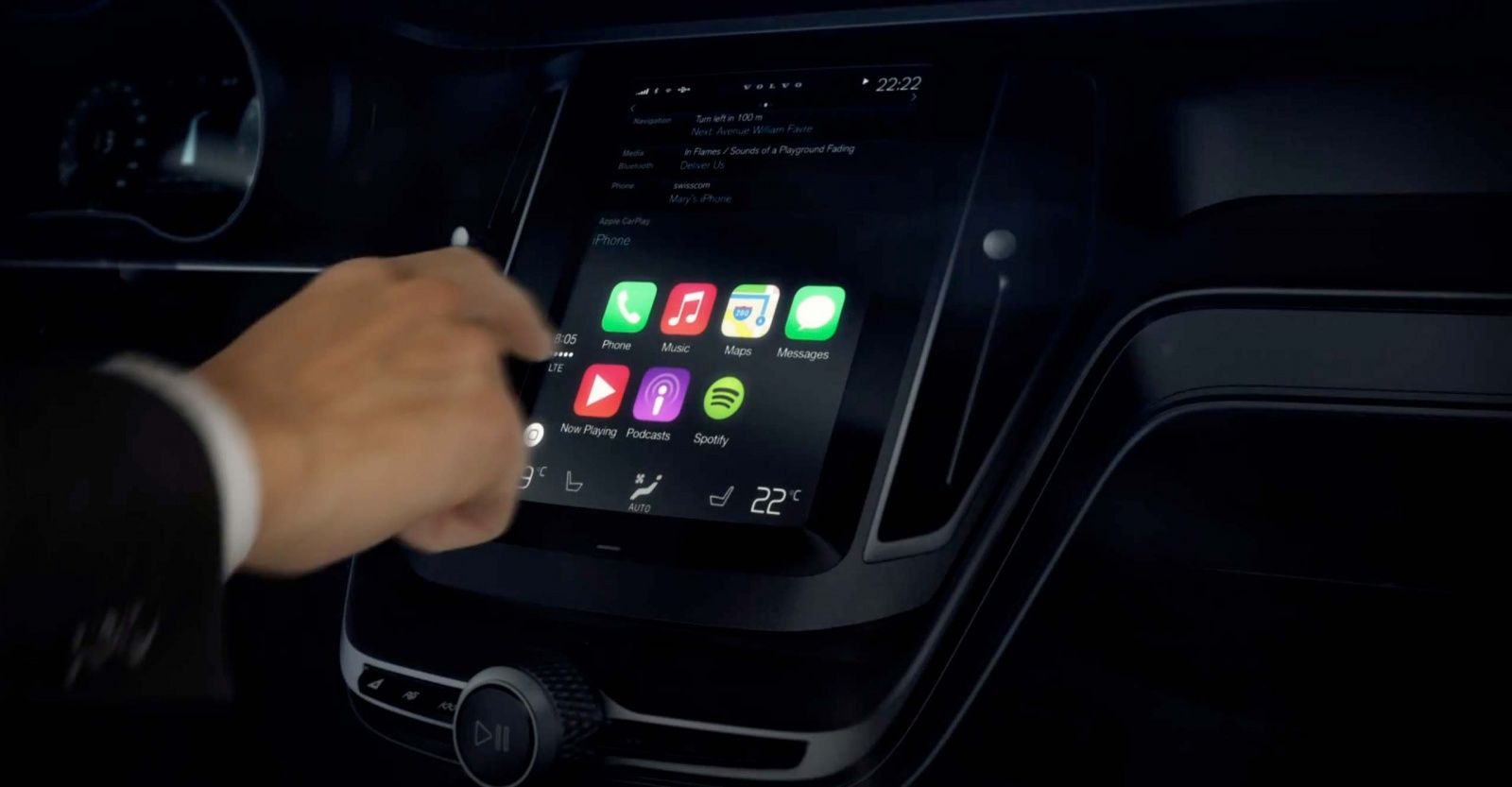
 March 3, 2014: With the CarPlay launch, Apple introduces iOS functionality for iPhone users behind the wheel via the car’s in-dash screen.
March 3, 2014: With the CarPlay launch, Apple introduces iOS functionality for iPhone users behind the wheel via the car’s in-dash screen.![This MacBook Pro workstation enjoyed a very merry Christmas [Setups] MacBook Pro setup with dual monitors](https://www.cultofmac.com/wp-content/uploads/2023/12/uqm76biu7p8c1.jpeg)